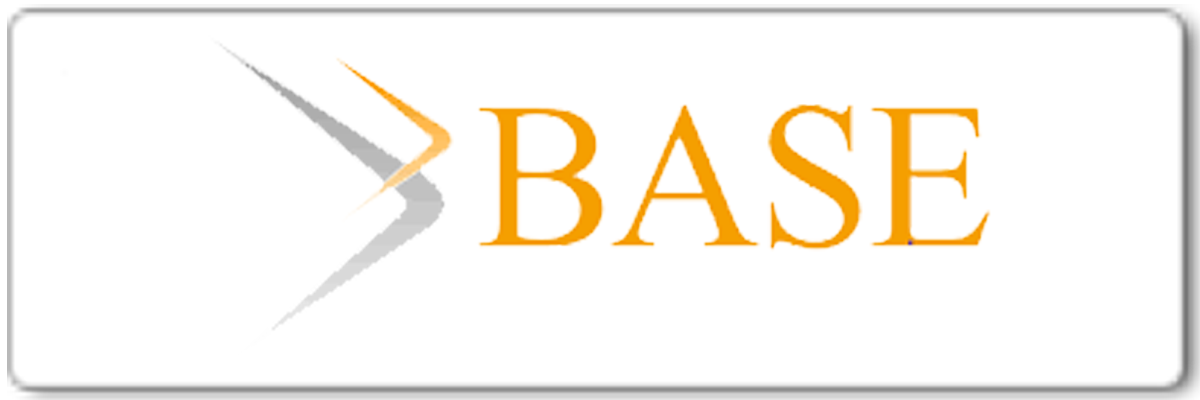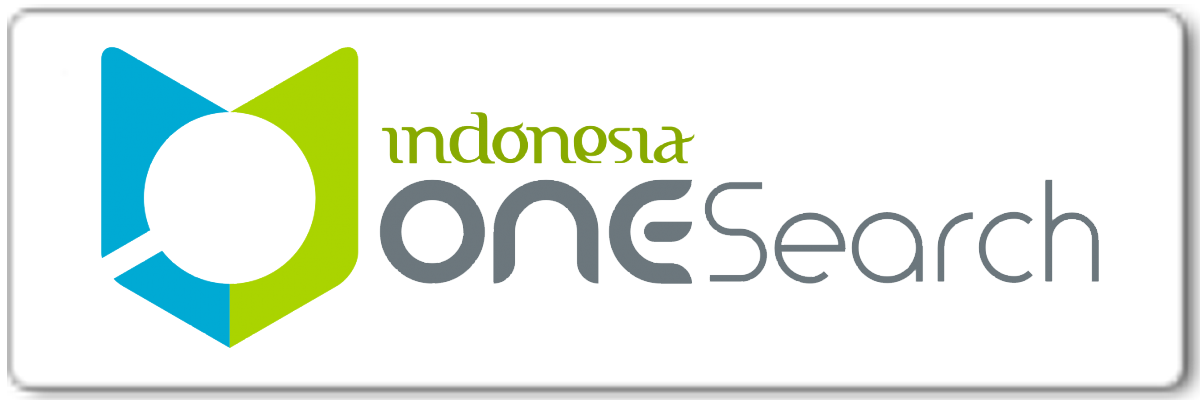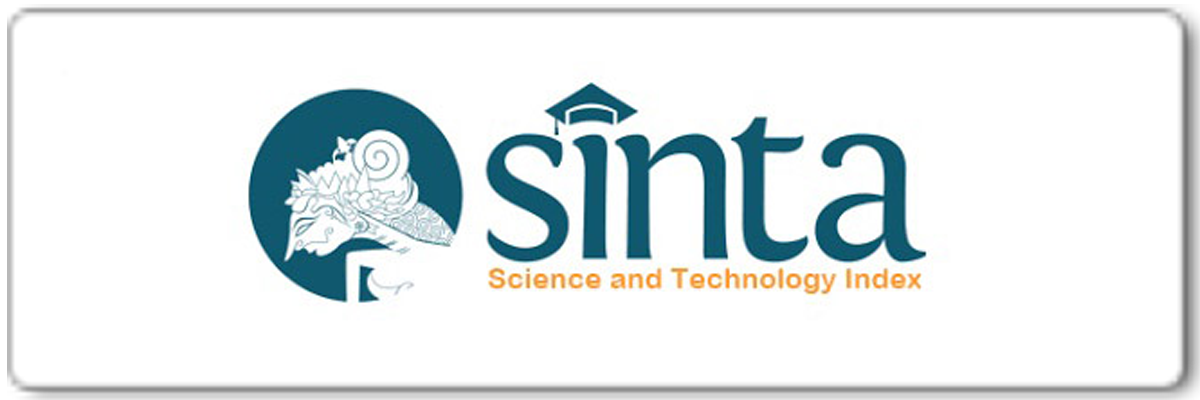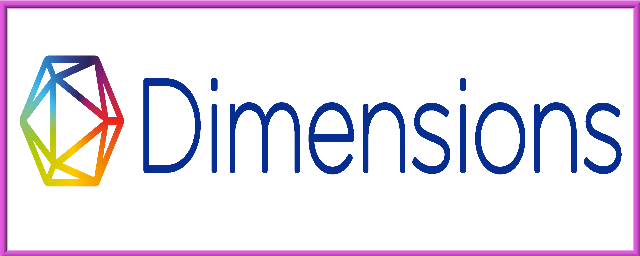THE EXPRESSIONS OF CORRECTIVE FEEDBACK IN SECOND LANGUAGE CLASSROOM
Abstract
This study aims to review the teacher’s expressions which constitute teacher’s corrective feedbacks (CFs) in oral production and examine the ways the teachers' expression revealing teacher’s CFs. The data are in the forms of teachers' utterances obtained from four research articles. The result shows that teacher' expressions which constitute CFs cover explicit correction, recast, clarification request, metalinguistic, elicitation, and repetition. While the ways which reveal teacher’s CFs are found to be reduction, negation, and expansion. The area to be corrected commonly involves phonological, grammatical, and lexical errors. So, it can be concluded that in a second language classroom instruction, teacher’s CFs expressions lead learners' erroneous utterances to be resolved because by saying "Sorry?" (clarification request), a teacher implicitly asks a language learner to reformulate what he has just been said which is usually called repair. Thus, it implies that the teacher’s CFs expressions in a second language classroom instruction are facilitative to resolve learners' problematic linguistic accuracy. In Indonesia, where English is used as foreign language, CFs are important to be practiced. Therefore, CF’s expressions are necessary to be introduced as a model to practice for the improvement of the linguistic competence especially in English speaking as it is assumed that excellence in speaking is expected to increase Indonesian human capital particularly in global competition and international communication.
Keywords
Full Text:
PDFReferences
Allwright, D., Bailey, K.M. 1991. Focus on the language classroom: An introduction to classroom research for language teachers. Cambridge: Cambridge University Press.
Chaudron, C. 1977. A descriptive model of discourse in the corrective treatment of learners' errors, Language Learning,
, 29-46.
Ding, T. 2012. The comparative effectiveness of recast and prompts in second language classrooms. Journal of Cambridge Studies, 7, 2.
Ellis, R. 1997. SLA research and language teaching. Oxford: Oxford University Press.
Gass, S. 1997. Input, interaction, and the second language learner. Mahwah, NJ: Erlbaum.
Lightbown, P. 1998. The importance of timing in focus on form, In C. Doughty & J. Williams (Eds.). Focus on form in classroom second language acquisition, Cambridge University Press, 177196.
Long, M.H., S. Inagaki, L. Ortega. 1998. The Role of Implicit Negative Feedback in SLA: Models and Recasts in Japanese and Spanish, The Modern Language Journal, 82, 357-371.
Lyster, R., & Ranta, L. 1997. Corrective feedback and learner uptake, Studies in Second Language Acquisition, 19, 37-66.
Lyster, R. 2002. Differential effects of prompts and recasts in form-focused instruction, Cambridge University Press, 26,
-432.
Mackey, A., Gass, S., & McDonough, K. 2000. How do learners perceive interactional feedback?, Studies in Second Language Acquisition, 22, 471-497.
Ortega, D. 2009. Understanding Second language acquisition. London: Hodder Education.
Panova, I., Lyster, R. 2002. Patterns of corrective feedback and uptake in an adult ESL classroom. TESOL Quarterly, 36, 4, 573 - 595.
Schachter, J. 1991. Corrective feedback in historical perspective, Second Language Research,7, 89102.
Schmidt, R. W. 1990. The role of consciousness in second language learning, Applied Linguistics, 11, 128-158.
Swain, M. 1995. Three functions of output in second language learning. In G. Cook & B. Seidlhofer (Eds.), Principles and practice in applied linguistics: Studies in honour of H. G. Widdowson, Oxford
University Pres, (pp.125-144).
Tedick, D & Gortari, B. (1998). Research on error Correction and Implications for Classroom Teaching, ACIE Newsletter, Center for advanced research on language acquisition, 1.
Article Metrics
Abstract has been read : 1247 timesPDF file viewed/downloaded: 0 times
DOI: http://doi.org/10.25273/etj.v2i2.740
Refbacks
- There are currently no refbacks.
Copyright (c) 2016 English Teaching Journal : A Journal of English Literature, Language and Education
English Teaching Journal: A Journal of English Literature, Language and Education indexed by:
This work is licensed under a Creative Commons Attribution-NonCommercial-ShareAlike 4.0 International License.







